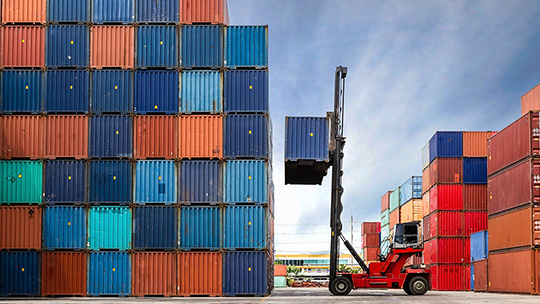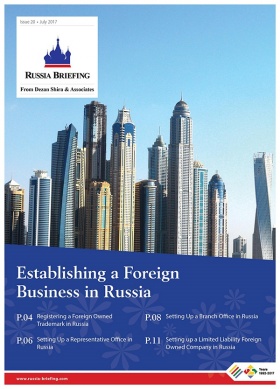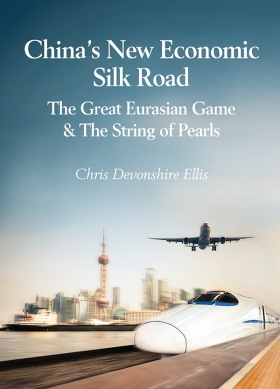China’s FTA with the EAEU Will Improve Market Access, EU Transhipments
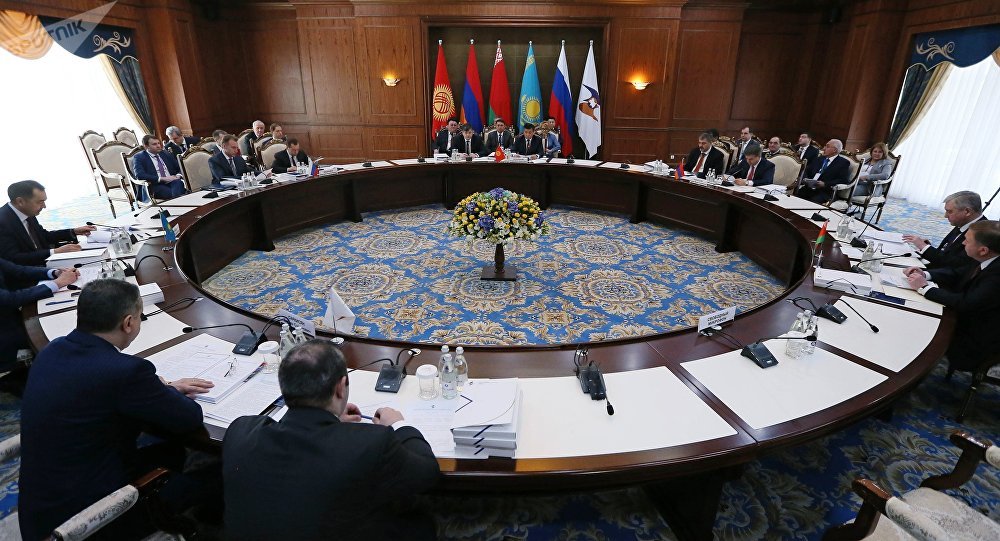
China signed a free trade agreement (FTA) with the Eurasian Economic Union (EAEU) today in Astana, Kazakhstan, as indicated by us would occur earlier in the week.
Early reports suggest the FTA is “non preferential”. Kazakhstan’s Minister of National Economy Timur Suleimenov stated, “The agreement is non-preferential by nature and does not imply cancellation of duties or automatic reduction of non-tariff barriers. At the same time, the agreement will make [it] possible to improve conditions for access of goods to the China market, through norms for simplification of trade procedures present in the document, [and] increase the transparency level and improve the level of interaction across all spheres of trade cooperation.”
Chris Devonshire-Ellis, Founding Partner of Dezan Shira & Associates, commented, “Without seeing the document it is hard to ascertain exactly what Suleimenov meant. However, the normal language concerning the FTA suggests that the China-EAEU agreement has rules of origin in place to prevent goods from non-parties gaining preferential access through the member country of the free trade zone with the lowest customs tariff. If so, this will be because the EAEU itself has not fully harmonized its internal tax system between member states, and there are some discrepancies between them. However, the fact that the agreement has been signed is a major boost for the EAEU and a significant step forward for Eurasian and Russian trade with China. The important aspect is that it has been signed. Tariff reductions and amendments as required to further facilitate trade can always be added later.”
The EAEU as a single zone, essentially, sits between Europe and China. The agreement means that it will be possible to transport goods from China via train through Kazakhstan, Russia, and Belarus directly to the borders of the EU under one common agreement.
A statement on China’s Ministry of Commerce website references the structure of the FTA as follows: “The conclusion of the agreement is beneficial to China and the [EAEU] members, which will further reduce non-tariff barriers to trade, improve trade facilitation, create favorable environment for industry development, promote the docking between the Belt and Road construction and [EAEU] construction, and enhance a deeper trade and economic relationship with the [EAEU] members.”
A statement on China’s Ministry of Commerce website references the structure of the FTA as follows: “The conclusion of the agreement is beneficial to China and the EEU members, which will further reduce non-tariff barriers to trade, improve trade facilitation, create favorable environment for industry development, promote the docking between the Belt and Road construction and EEU construction, and enhance a deeper trade and economic relationship with the EEU members.”
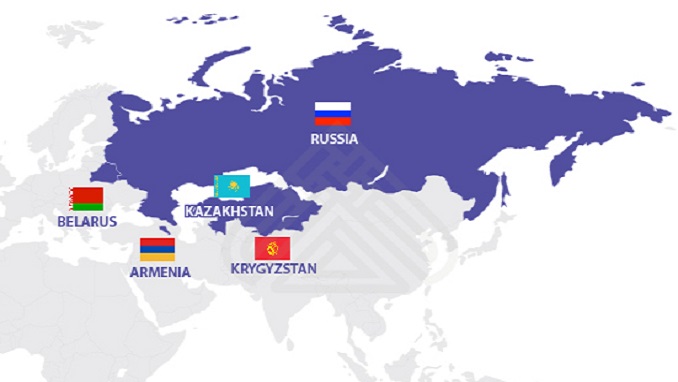
The EAEU is also negotiating FTA with several countries, among them India, Iran, Indonesia, and Singapore. Vietnam already has an FTA with the bloc. An article predicting the likely impact of the China-EAEU trade agreement upon Russia and the potential for future growth in the Russian market can be found here on our sister website, Russia Briefing: “Transhipping China Trains To Europe – Russia’s Economic Potential In 2018 & Beyond”.
China has also stated that it wants the EAEU to become an integral part of its Belt & Road Initiative and has additionally been discussing with Russia the possibility of opening up the maritime Northern Sea Passage via the Arctic Ocean, with goods also being subjected to the China-EAEU FTA.
Devonshire-Ellis concludes, “The China-EAEU FTA is a game-changer and good news for Russia and the other members of the bloc as it provides better access to the China market. It will also facilitate trade in China manufactured goods with the EAEU. The EU will also benefit as this agreement will lower the administration costs of goods being transported to China as well as Chinese goods accessing the EU. This EAEU deal effectively brings China right to the borders of the EU and will permit EU exporters easier administrative access to the Chinese consumer market when goods are transported overland.”
China Briefing is written by Dezan Shira & Associates. The practice provides essential market intelligence, legal, tax, and on-going advisory and administrative services to foreign investors throughout Asia, including China, India, the ASEAN nations, and Russia, and has done so since 1992. Please contact the firm at asia@dezshira.com or visit our website at www.dezshira.com
- Previous Article Setting Up a Company in China
- Next Article Company Relocation and Land Appreciation Tax in China





